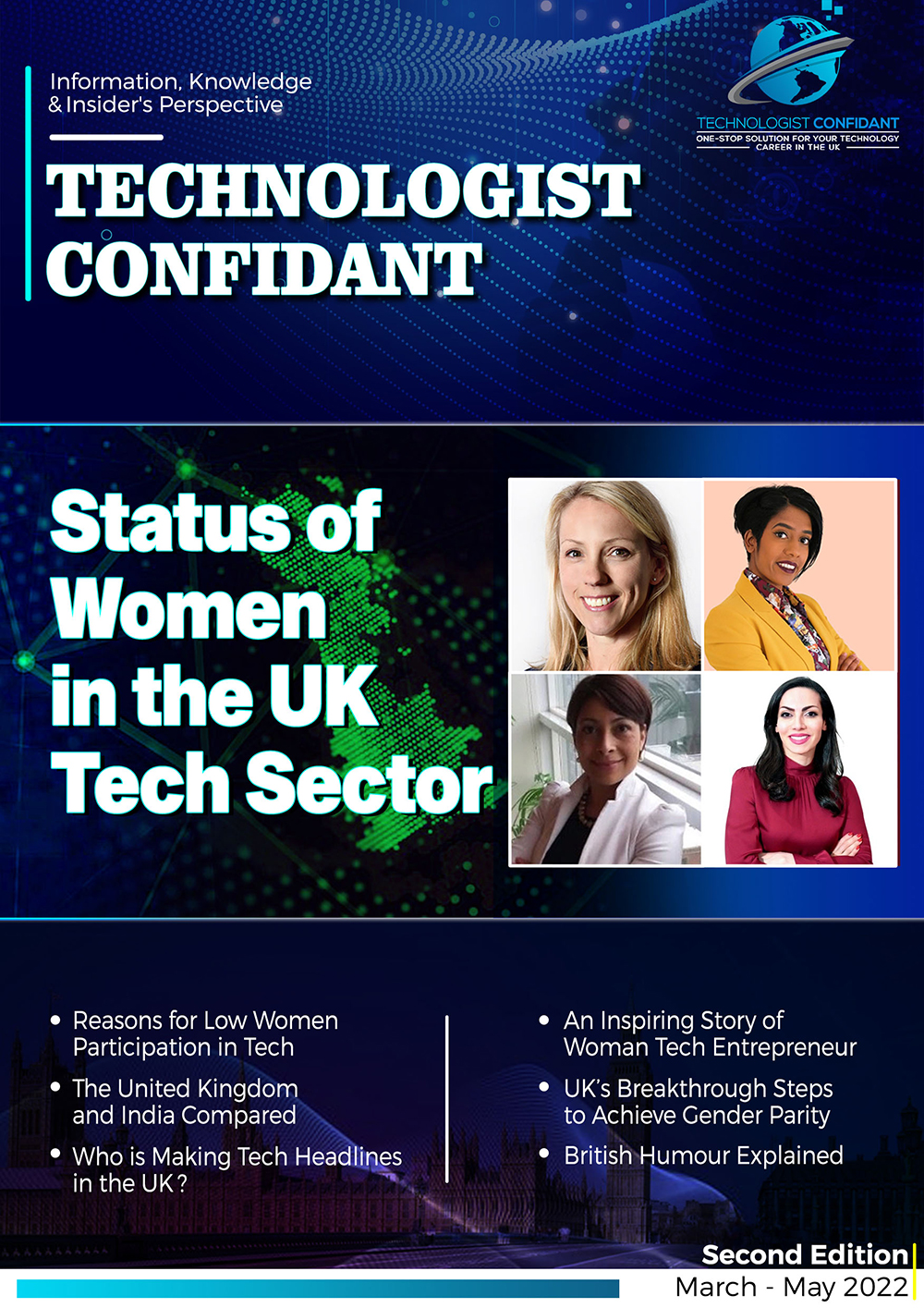The vast majority of British businesses and organisations still have a hierarchical structure. British managers are firm, competent, and persistent, even if their orders are polite requests or just recommendations. Their decision-making authority is unquestionable. Managing and effectively leading a team are two of the most critical management abilities. This includes having a decent working relationship with your coworkers.
The British distinguish between social classes based on speech, attire, and demeanour. In the workplace, a person's educational history and family name play a significant role, and school and university networks are still vital to some firms.
Building strategy in British workplaces
In business, logical reasoning is one of, if not the most, distinctively British traits. Of course, red tape and bureaucratic roadblocks exist, but they are widely despised, and a pragmatic approach is clearly preferred.
Meetings in the UK
The British prefer to work with a group of people with whom they are familiar, with whom they can communicate, and with whom they can associate. Meetings are time-consuming and must be planned ahead of time. Most parties prefer a planned agenda and often begin discussing business after some casual conversation. A meeting's discussion can be somewhat informal. However, given the task-oriented character of the British, each member will usually leave the table with a specified job.
Negotiations in the UK
British negotiators are strong and deft. It is critical to maintaining patience and politeness during negotiations, as an easygoing, funny tone can often obscure the severity of a topic under discussion.
Decisions in the UK
Direct criticism is prohibited in British corporate life due to formality and nuance. Similarly, when made public, a decision may appear to be more of a suggestion open to debate, which it is not. Managers in the United Kingdom may use courteous and indirect communication to hide that they are the lone decision-maker. It's not often, though, that you're invited to talk about or deny an assignment.
Taking appointments in the UK
People working in an office are frequently away from their desks due to the high frequency of meetings. This explains why a UK firm sends and receives a disproportionately large number of (digital) memos. Appointments should be scheduled ahead of time.
Meeting and greeting in the UK
Throughout the United Kingdom, Humour is an essential component of subtle conventional communication. Despite the fact that the British are recognised for their wit and sarcasm, most non-native speakers face the danger of misinterpreting their opponents at first. Understatements and euphemisms are frequently employed and should be recognised as a way to subtly emphasise a point, whether for modesty, to avoid embarrassment, or to express criticism, for example.
Dress code
In the United Kingdom, the dress code is still somewhat stringent. Colleagues value a fashion sense and a high level of craftsmanship. Women wear suits (with trousers or skirts) or dresses, frequently with high heels, while males wear suits, ties, white, striped, or colourful shirts, and black shoes. On Fridays, several workplaces have a more relaxed dress code.
Wining and dining in the UK
On Friday nights, most workplaces have an after-work drink. Aside from this tradition, it is common to keep work and personal life discrete. Invitations to someone's private residence are rare demonstrations of affection and respect between business associates.
A positive work atmosphere is critical for increasing productivity and employee happiness. Trust in the workplace is one facet of office culture that can significantly impact performance. Building trust among managers, coworkers, and employees is critical to enhancing performance, collaboration, and employee retention.
Importance of building trust in British workplace culture
To keep employee morale high, managers and leaders must grasp the importance of trust in the workplace. Employees who feel comfortable and happy in their jobs have a higher faith in their bosses, which can help them stay loyal to the company. It can also improve team collaboration by allowing employees at all levels to communicate with one another.
How to build trust in UK workplaces
If managers want to increase employee trust, they should create an environment where everyone feels secure in their responsibilities and confident in their talents. Spending more time listening than speaking is one of the most effective ways for a boss to create trust among coworkers. Encourage your team members to open up and express themselves, whether it's about the office's general atmosphere or current initiatives' status. Listening to employee feedback and genuinely considering it demonstrates to your employees that you value their input and consider it when making management decisions at work.
Acting on employee feedback
It's critical to make decisions based on feedback from coworkers, addressing these concerns where possible and explaining management decisions in a way that tells employees that you value their input. Professionals might be encouraged to provide feedback on management and other areas of the workplace by inviting them to do so on a frequent basis.
Appreciating your coworkers
When managing a team, make an effort to set aside time to show each employee the respect and admiration they deserve. Small gestures, such as taking the time to congratulate them on a job well done, can foster a sense of community and demonstrate to your staff that you value their accomplishments. There are many methods to recognise exceptional performance, from chocolates and flowers to bonuses and other staff perks.
Celebrating others achievements
According to a survey, only 24 per cent of business professionals claimed they regularly promote a colleague's accomplishments to a senior staff member, potentially highlighting the competitive character of today's workplaces. Supporting coworkers and congratulating them on their accomplishments requires more than random offers of assistance and emails. Start by volunteering to assist on a project, then take the time to catch up over coffee, ask for feedback on your work, and recognise an individual's contribution to others.
Building non-verbal communication
Training employees in nonverbal communication and soft skills, such as work attitudes and behaviours, is an excellent strategy to promote a trusting work environment. Minor nuances, such as making eye contact when speaking, being patient, demonstrating positive body language, and even communicating candidly, may make a tremendous impact in the workplace and assist managers and employees build mutual trust and cooperation.
Building inclusive workplace culture
It takes more than honouring your promises to establish confidence at work, and it's also about ensuring everyone feels comfortable and safe at work. In the workplace, an inclusive culture is one that respects and recognises the strengths and experiences of individuals from various backgrounds, as well as personal situations and how these affect employee performance. Two effective strategies to create trust at work are to offer flexible working hours to parents with small children and to provide diversity and equality training.
Trust does more than motivate employees to do their tasks; it increases employee motivation, which leads to higher-quality work and more outstanding results for your firm. It's no wonder that 80 per cent of HR experts equate employee engagement to leadership trust, and 55 per cent of CEOs say a lack of workplace trust is a fundamental danger to their firm.
By promoting workplace trust, you can create a diverse and inclusive culture where your employees feel a sense of belonging and are more engaged with their team. And belief contributes to the psychological safety of your team members, allowing them to ask questions, share ideas, and express themselves freely.






